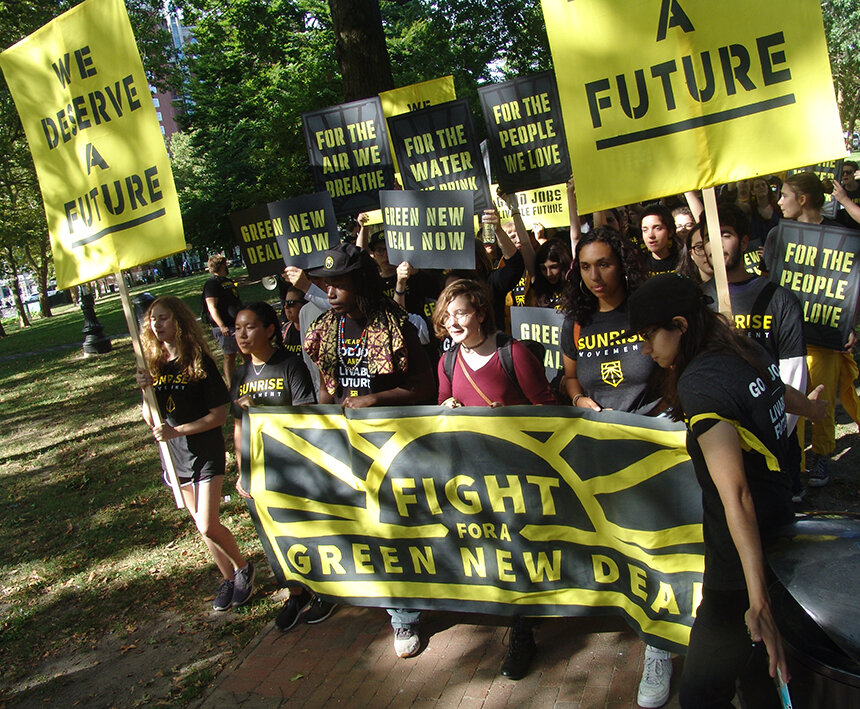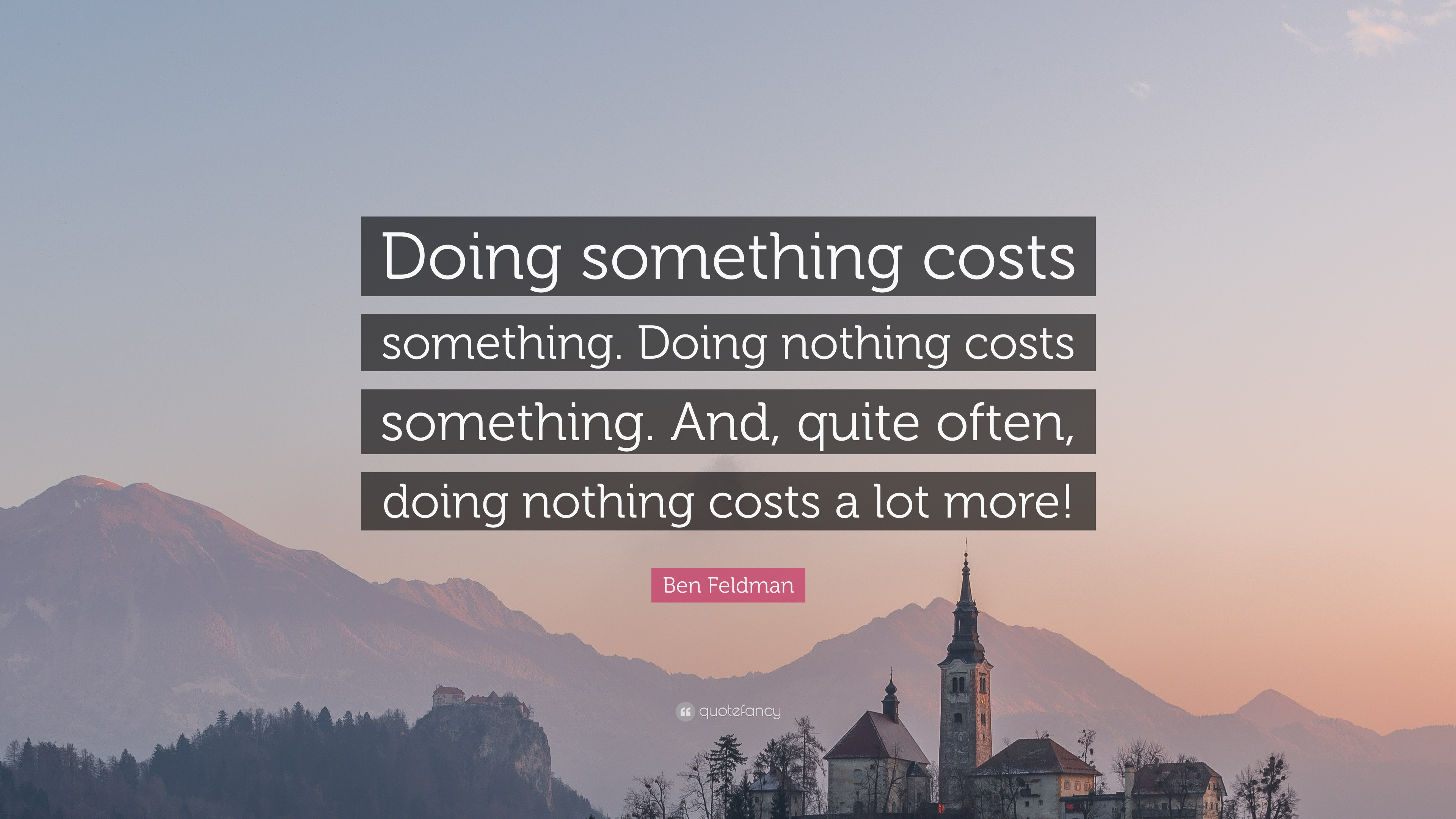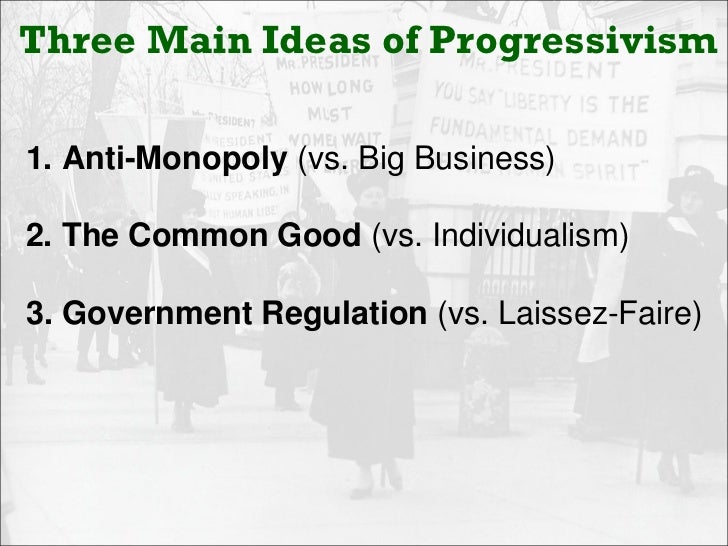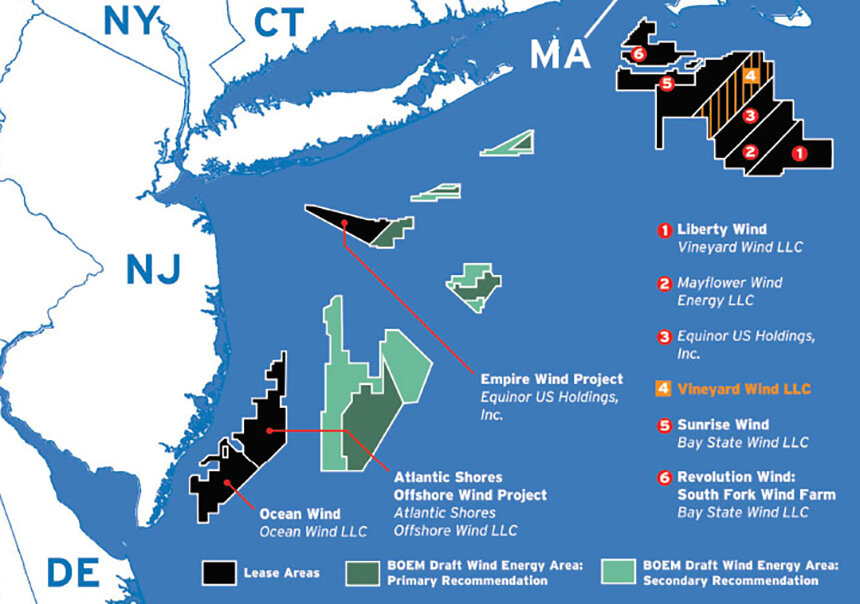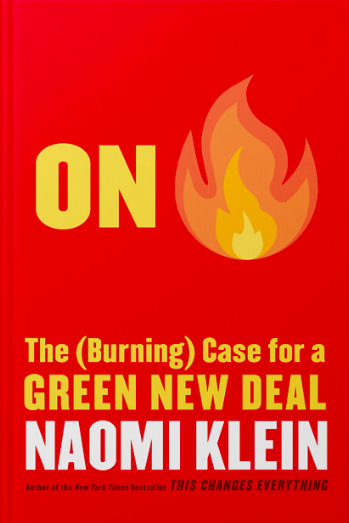CD1 candidates take on abortion, climate and affirmative action in first in-person forum
By Kevin G. Andrade, Rhode Island Current
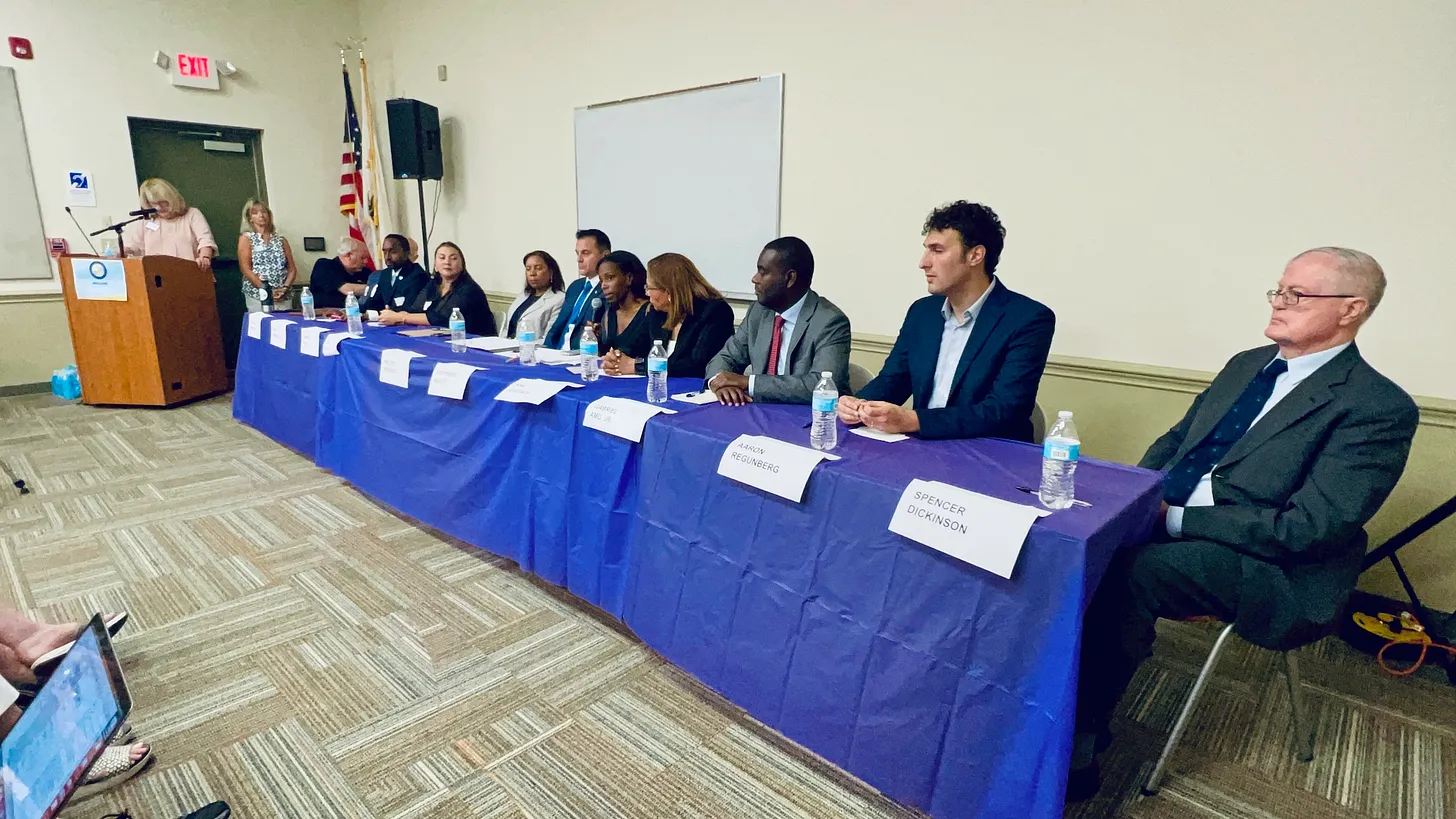
Photo by Steve Ahlquist
Democratic candidates for Rhode Island’s open congressional seat squared off in a wide-ranging debate dominated by questions of abortion access and the climate crisis.
About 50 people gathered at the Weaver Library as 10 of the 12 Democrats running in the 1st Congressional District race vied for votes ahead of the Sept. 5 primary by sharing their views on equality, affirmative action and even fiction.
“Who is your favorite fictional character,” queried Rev. Donnie Anderson, chair of the Rhode Island Democratic Women’s Caucus, the host of the event.
“Belle,” responded Stephanie Beauté, a technology professional. “She likes books and she doesn’t need a boy.”
Candidates received only 90 seconds for an opening statement, 45 seconds to respond to questions, and 60 seconds for a closing statement. They were prohibited from speaking or referring to each other directly over the forum’s 75 minutes.
The forum was the second, following a virtual event Wednesday hosted by Raymond Baccari, Jr., a Rhode Island College student and YouTuber, and Ryan Lukowicz, a South Kingstown High School senior and podcaster.
Participants Monday included: Gabriel Amo, Beauté, Walter Berbrick, state Sen. Sandra Cano, Don Carlson, Spencer Dickinson, Providence City Councilman John Gonçalves, Lt. Gov. Sabina Matos, state Sen. Ana Quezada, and J. Aaron Regunberg.
Allen Waters, a former Republican, declined to participate because Anderson is a transgender woman. Woonsocket Rep. Stephen Casey did not respond to invitations, according to Anderson.

